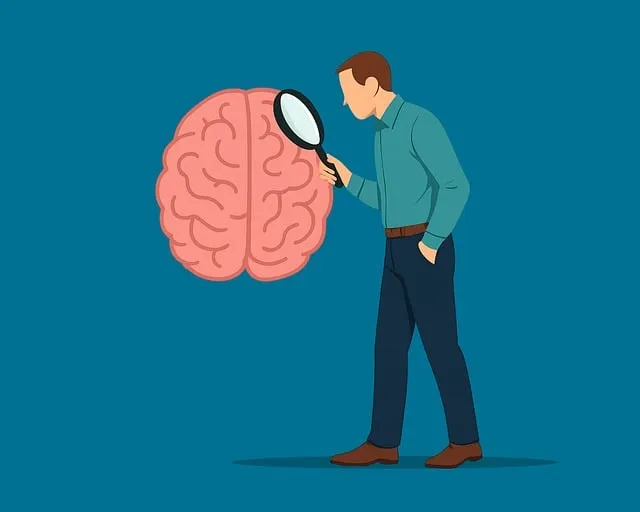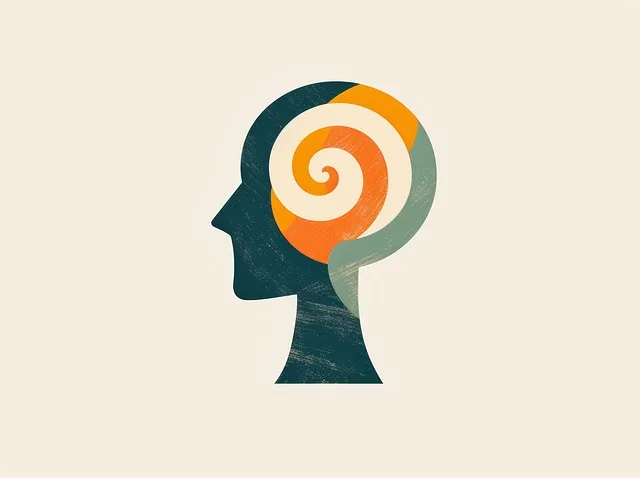The Northglenn Kaiser Permanente mental health center prioritizes group facilitation as a powerful tool for enhancing mental wellness. Experienced facilitators create safe, supportive spaces where individuals engage in interactive discussions and activities, focusing on self-awareness, empathy building, and stress management. Using evidence-based practices like CBT and mindfulness exercises, sessions empower participants to navigate challenges with resilience. The center emphasizes open dialogue, active listening, and non-judgmental environments, encouraging self-care practices for facilitators and participants alike. Through tailored interventions like Depression Prevention and Crisis Intervention Guidance, the center drives lasting wellness and reduces stigma, fostering a sense of community and belonging.
At the Northglenn Kaiser Permanente Mental Health Center, group facilitation plays a pivotal role in enhancing mental wellness. This article delves into the art and science of facilitating support groups, focusing on creating safe, inclusive environments. We explore effective communication strategies, techniques to encourage open dialogue, and methods for measuring success. By understanding these practices, facilitators can foster meaningful connections and promote sustained wellness within the Northglenn Kaiser Permanente mental health center community.
- Understanding Group Facilitation at Kaiser Permanente Northglenn Mental Health Center
- Creating a Safe and Inclusive Environment for Participants
- Effective Communication Strategies for Group Facilitators
- Techniques to Foster Open Dialogue and Engagement
- Measuring Success and Promoting Sustained Wellness
Understanding Group Facilitation at Kaiser Permanente Northglenn Mental Health Center

At Kaiser Permanente Northglenn Mental Health Center, group facilitation plays a pivotal role in fostering mental wellness. Our experienced facilitators create safe and supportive environments where individuals can connect, share experiences, and learn from one another. Through interactive discussions, activities, and evidence-based practices, these sessions aim to enhance self-awareness, build empathy among peers, and provide effective stress management tools.
The center’s approach focuses on empowering individuals to navigate life’s challenges with resilience. Facilitators employ a range of techniques, including mindfulness exercises, cognitive behavioral therapy (CBT) principles, and emotional regulation strategies, to help participants develop coping mechanisms. By fostering a sense of community within the group, Northglenn Kaiser Permanente promotes understanding, reduces stigma, and offers valuable support for those seeking to improve their mental health and overall well-being, with an emphasis on practical stress reduction methods and empathy building strategies.
Creating a Safe and Inclusive Environment for Participants

Creating a safe and inclusive environment is paramount for effective mental wellness group facilitation at the Northglenn Kaiser Permanente mental health center. This begins with establishing clear boundaries, ensuring confidentiality, and fostering an atmosphere of non-judgment. Participants should feel comfortable sharing their experiences and emotions freely, knowing that their privacy is respected. The facilitator plays a crucial role in setting the tone by demonstrating active listening, empathy, and genuine interest in each individual’s well-being.
Incorporating techniques like Crisis Intervention Guidance can help create a safe space, allowing individuals to express acute distress or challenging situations. Additionally, Social Skills Training can be beneficial for building rapport, encouraging open dialogue, and promoting positive interactions among group members. An inclusive environment not only enhances the effectiveness of mental wellness coaching programs development but also empowers participants to support one another throughout their journeys towards improved mental health.
Effective Communication Strategies for Group Facilitators

Effective communication is a cornerstone for successful group facilitation at the Northglenn Kaiser Permanente mental health center. Facilitators play a vital role in creating a safe and supportive environment where every individual feels heard and valued. Utilizing open, active listening techniques fosters an atmosphere of trust and encourages participants to share their experiences and insights openly. This involves not only paying attention to what individuals say but also observing non-verbal cues and picking up on subtle hints to gain a deeper understanding of their emotional states.
Additionally, facilitators should incorporate self-care practices into their communication strategies. By modeling healthy habits such as mindfulness meditation and integrating regular breaks for self-reflection, they demonstrate the importance of balancing mental wellness within group settings. Encouraging participants to develop consistent self-care routines can significantly enhance their overall mental health and create a ripple effect of positivity within the group dynamic.
Techniques to Foster Open Dialogue and Engagement

At the Northglenn Kaiser Permanente mental health center, fostering open dialogue and engagement is key to effective group facilitation. Encouraging participants to share their experiences and perspectives creates a safe, supportive environment where everyone feels heard. Techniques like active listening, where facilitators paraphrase and summarize what individuals say, promote deeper understanding and connection among group members. This not only enhances mental wellness but also builds resilience by empowering individuals to navigate challenges with newfound confidence.
Additionally, incorporating conflict resolution techniques can significantly contribute to a productive atmosphere. Teaching participants structured methods for addressing disagreements or misunderstandings fosters healthy debates and strengthens their ability to manage interpersonal conflicts. Over time, these skills enable them to engage in meaningful discussions, fostering a sense of belonging and collective growth. This approach aligns with the broader goals of resilience building within the mental health center’s services.
Measuring Success and Promoting Sustained Wellness

Measuring success in mental wellness group facilitation goes beyond simply filling a room with participants. At the Northglenn Kaiser Permanente mental health center, we recognize that lasting wellness is cultivated through quantifiable improvements and sustained behavioral changes. Our facilitators employ evidence-based techniques tailored to address specific needs, such as Depression Prevention and Crisis Intervention Guidance, to ensure each session contributes meaningfully to individual well-being.
Promoting sustained wellness requires ongoing support and accessible resources. We measure success when clients not only engage in the group setting but also implement coping strategies learned into their daily lives, effectively managing symptoms of mental illness and reducing the Stigma associated with seeking help. Through regular assessments and follow-up guidance, our facilitators ensure that participants stay on track, empowering them to lead happier, healthier lives.
The mental wellness group facilitation techniques employed at Kaiser Permanente Northglenn Mental Health Center offer a comprehensive approach to supporting individuals’ well-being. By creating safe, inclusive spaces and employing effective communication strategies, facilitators foster meaningful dialogue and engagement among participants. This structured yet empathetic environment empowers individuals to navigate their mental health journeys with newfound confidence and resilience. Through measured success assessments, the center ensures that these groups promote sustained wellness, reflecting a commitment to holistic care within the Northglenn Kaiser Permanente community.






